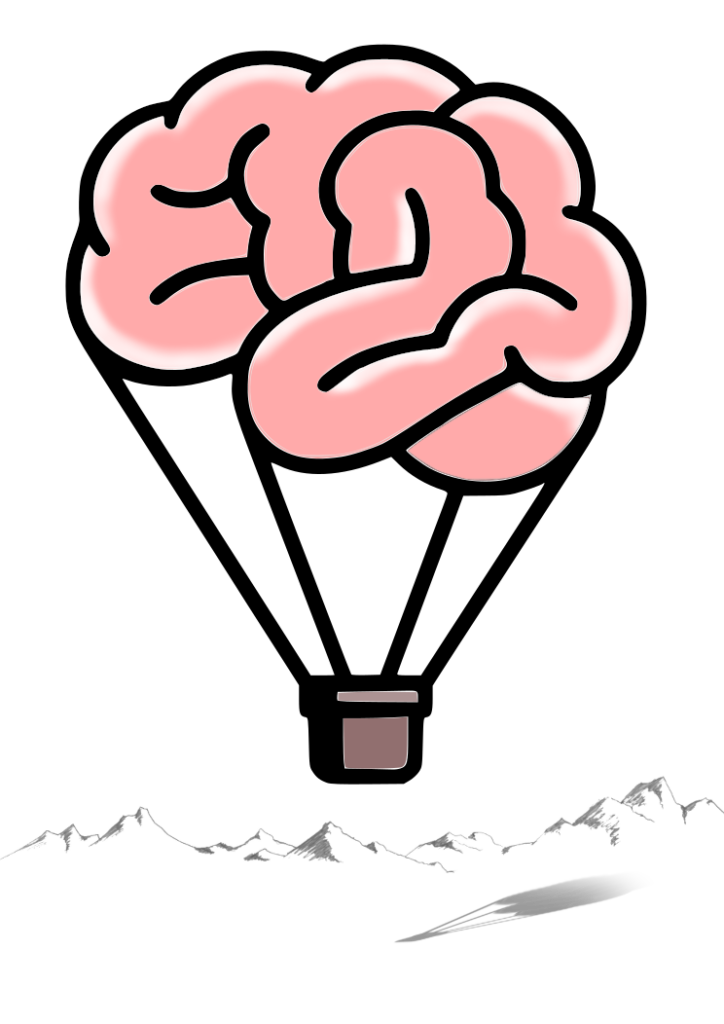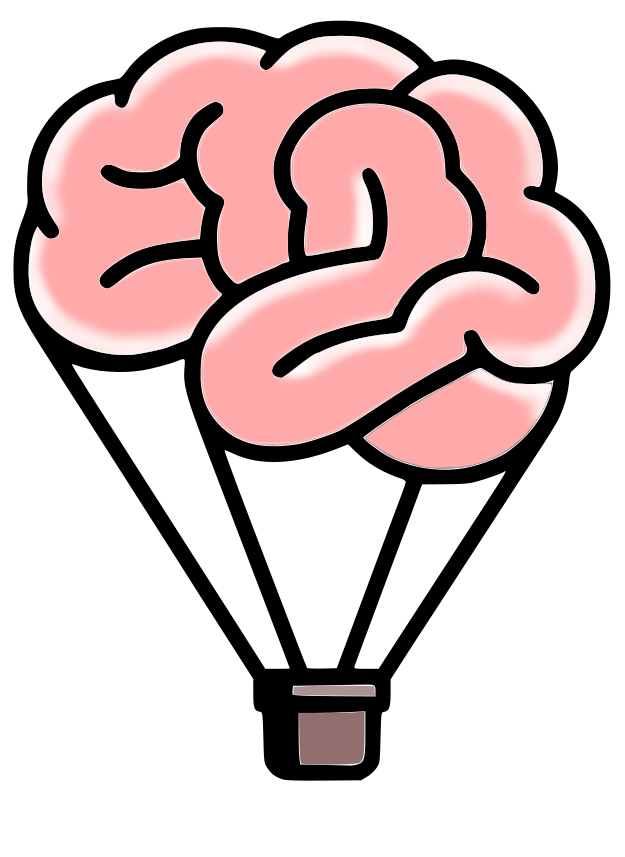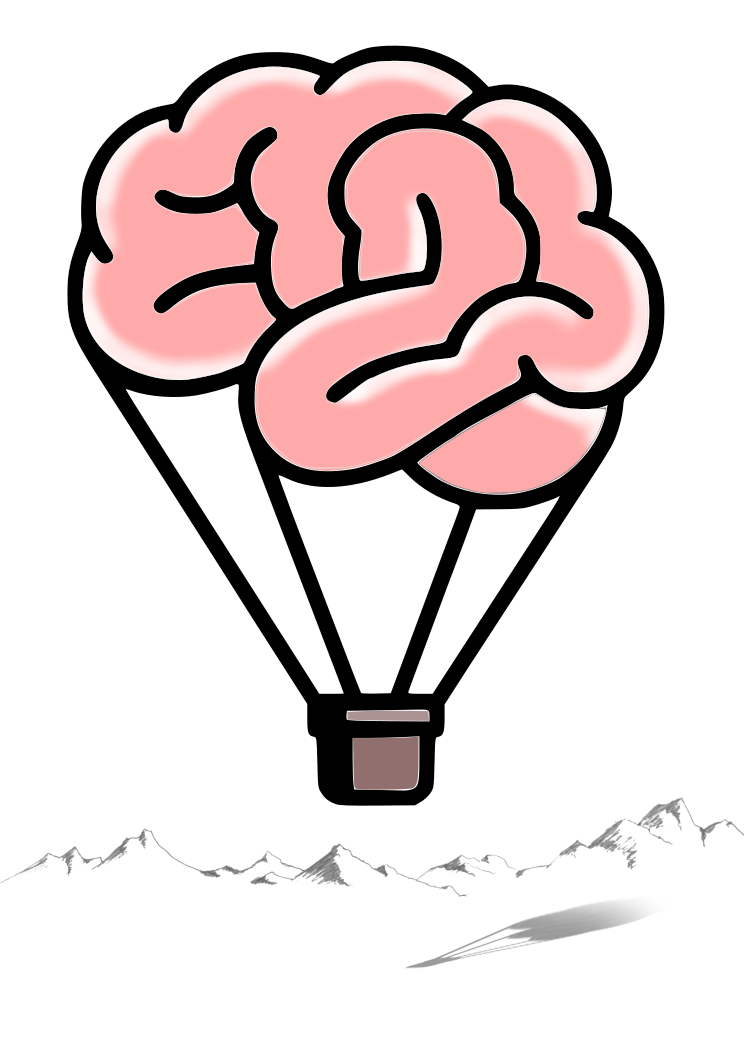Liberated Mind is a team effort between co-founders R.C. & Julare Morris. For more info about each of us visit the Therapists link. We began this practice because we’ve noticed we all carry around a lot of painful questions.
- Why am I feeling so anxious lately? Does healthy anxiety exist?
- I’m in such a funk, is this depression? How do I know?
- Will I ever find someone, I’m just so tired of feeling lonely?
- What is the meaning of my life, how do I find purpose?
- If my (relationship, religion, career, health) changes, who am I?
- Will this grief ever end?! Can I have a life after this loss?!
- If you’ve wondered these or similar questions, we’re so glad you’re here!




A little about our practice and approach:
We approach mental health from a psychodynamic paradigm using more than one therapeutic perspective. This is sometimes called an eclectic approach. Often practitioners use one tool to deal with many problems–you’ve likely heard the phrase “when you’re a hammer everything looks like a nail”. At Liberated Mind we let your goals for therapy guide the tools we use together. For more on the different approaches to therapy visit this great article from Psychology Today: LINK
Without naming one specific tool, before we begin, you can expect that we will engage in talk therapy together to find the pathway that moves you forward! This might include something as quick as six to twelve sessions or possibly longer; how long always depends upon the level of support you want from your time with us.
The Liberated Mind Top 10 List
Very often, one of the first things people want to know about our practice is why we call it “Liberated Mind”.
The short answer: the title “Liberated Mind” is a reference to the Pāli word jhāna (found in Theravāda Buddhismt) describing the process of training the mind; also often translated as “meditation,” or to withdraw the mind from automatic responses, leading to a state of perfect equanimity and awareness. This is also why the URLs jhanatherapy.com and jhanaliberation.com redirect to LibertedMind.care.
The longer answer: why do we call it “Liberated Mind”? Well, an example from the present moment might be useful? As you are reading this, the voice in your head might be saying to you right now:
“Why are you thinking about counseling/therapy, this is nonsense, nothing you do will make things any better!? Buddhism, did they just say Buddhismt above, *insert inner-mind-eye-rolling here* pffft, let’s get outta here, this is a waste of time, what’s going on with XYZ on social media!? And/Or, you don’t need counseling/therapy you just need a good distraction.“
Sometimes these thoughts are very subtle, a mere whisper, and at other times the noise of your mind feels like your inner voice is screaming at you.
Even if you aren’t experiencing such thoughts in this moment, we are fairly confident that since you are a human you have experienced psychological suffering; plus! if you are reading this page to this point you have likely experienced this noise recently and possibly often (i.e., doubt, anxiety, loneliness, sadness, depression, anger, frustration et cetera).
Same response (more or less) but in video format, from Dr. Russ Harris:
The work you do with us here at Liberated Mind is designed to do just what the name suggests, liberate you from painful states of mind/life. If you’ve ever felt jerked around, held hostage, even abused by your own thoughts, the team at Liberated Mind is here to help!
“Happiness is available. Please help yourself to it.”
― Thich Nhat Hanh
- At this point in the About Us story, if what you really want to know is a bit about the therapist here at Liberated Mind, check out this page: Therapists
You may be saying, “But, change feels like such hard work,” or “I’d love to make some changes, but I just don’t have the energy, willpower, grit that it takes to do this work!” We hear you. But, before you buy into the story your mind is telling you, realize the “grit, willpower story” we all tell ourselves at times isn’t always quite what it seems (click on this linked sentence for more about the myth of grit).
Types of Counseling / Therapy Offered
Individual Counseling/Therapy – Individual work is a collaborative process between therapist and client to help facilitate positive changes and improve quality of life. Individual sessions can help people confront barriers that interfere with emotional and mental well-being, and it can also increase positive feelings such as compassion, self-esteem, love, courage, and peace.
Couples Counseling – Couples counseling helps couples of all types recognize and resolve conflicts and improve their relationships. Through couples counseling, you can make thoughtful decisions about rebuilding your relationship or going your separate ways.
Group Therapy – Faith Transition Group. Q: What is the purpose of this group? A: The purpose of this group is to create a safe space for people to wrestle with faith and doubt by sharing their faith journey and achieve solidarity and strength in a community of support. Q: What do I gain by participating with this group? A: We hope you find that you are not alone in your struggle, and that while every faith journey is unique to the person experiencing it, there are others willing to support you as you work through your transition.
Don’t wait another day, send us a message to schedule a free 15-minute phone or video chat consultation:
tAt times, our work together may draw upon ideas / language first developed within the Buddhist tradition; however, our work together always follows the sense of spirituality you bring to the work; how you view your own sense of spirituality (numinous). Buddhist terms / ideas provide a historical and/or practical understanding of the mindfulness/meditation practices we draw upon. Should you want to learn about Buddhism as a religious practice we are happy to support you in that effort, but would refer you to a local temple. A nice summary from Dan Harris on this point: HERE.
Why focus on spirituality at all? In brief, part of human wholeness comes from connecting with matters that are transcendent of the self; mindfulness/meditation is one way to access that numinous, to experience “something greater”. Whether your current feelings about spirituality get informed by a specific religious practice or are completely nonsectarian (non-theist); we use meditation as a way to come back to the power of the present moment by re-framing our relationship to our thoughts.
For more on the role mindfulness / meditation plays in our process of psychotherapy, please check out the following videos–studies have shown mindfulness based meditation improves the sense of meaning people experience in life:



